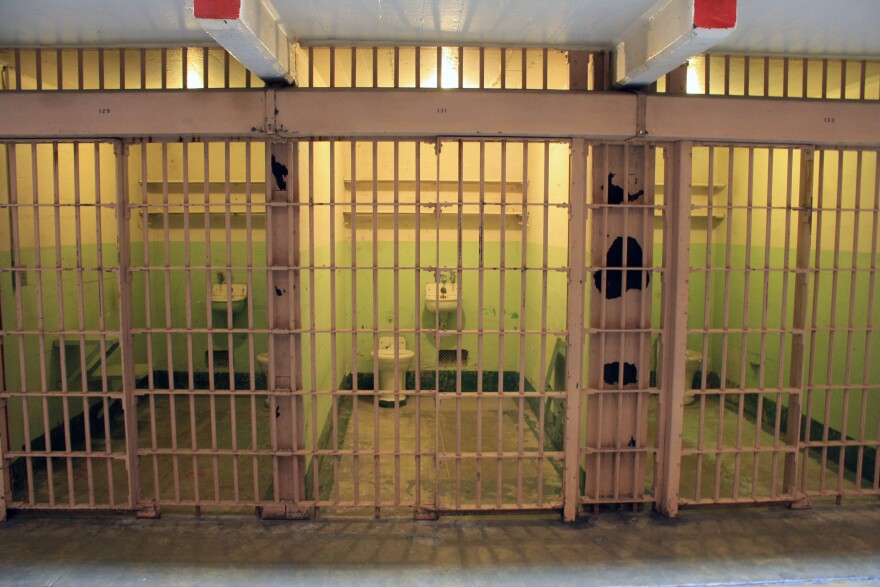If you follow State of Opportunity regularly, you may have seen or heard us talk about the school-to-prison pipeline. It’s a nationwide pattern of students being pushed out of schools and into the criminal justice system.
In recent years there’s been a shift in our education system. Schools used to rely on traditional disciplinary measures for students, like detention or counseling. Now, they are increasingly employing suspensions, expulsions, and law enforcement to punish students. Research suggests once they’re expelled, those students are more likely to end up in prison.
According to the Department of Justice and the Department of Education, serious behavior issues in schools are down, yet schools’ disciplinary reactions have become more severe. And several of the nation’s largest school systems employ more security officers than guidance counselors.
But a panel of researchers that gathered this month at the American Museum of Natural History in New York argued that bad behavior may result from a deeply-rooted biological response to toxic stress, and these punishments don't prevent future misbehavior, they only make it worse – especially for kids growing up in poverty.
Many kids who grow up in poverty experience a significant number of adverse childhood experiences (ACE’s). These experiences can range from physical, emotional, or sexual abuse to having parents who are divorced or incarcerated.
One study of students in American public schools found ACE’s experienced by kids in poverty determined negative behavior in the classroom disproportionately. And the effects are further compounded by the fact that low-income students often go to schools with high teacher turnover and high student-to-teacher ratios.
But how does poverty lead to misbehavior in the classroom?
ACE's are thought to cause a psychological reaction that makes kids more likely to misbehave. But they also have biological impacts on children's bodies. They can cause toxic stress, which can change structures in the brain, affecting behaviors like emotional responses. As a result, a student acting out may be less of a cry for attention, and more likely the result of a neurobiological transformation.
Margaret Crotty is executive director of Partnership with Children in New York City. She told Slate.com that there are better ways to help kids suffering from the biological effects of toxic stress than regimes of harsh punishment in schools. She says recognizing toxic stress as something more deeply rooted than psychology would help. She also thinks toxic stress among kids should be recognized as a public health crisis, and should be included as one part of the continued fight against poverty.
Crotty wrote in The Huffington Post:
Students living in poverty face enormous external challenges—including community and housing instability, food insecurity, neglect and neighborhood violence. How can an eight-year-old understand healthy interpersonal interactions when he is hungry, scared or worried about his parents? Too often, behavioral issues are symptoms of stress—stress that stems from chronic trauma…Rather than suspending challenging students, we should create the conditions for them to succeed. As educators and social workers, we have an obligation to help children better cope with circumstances over which they have no control.
Addressing the source of these issues early on is important. A kid's future can depend on it.





